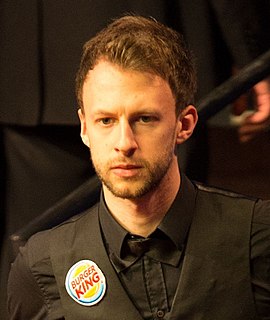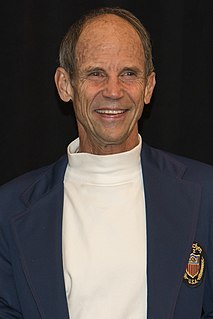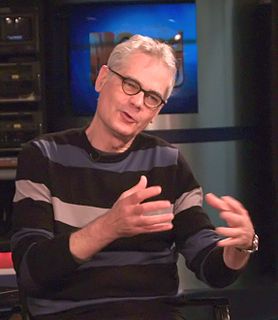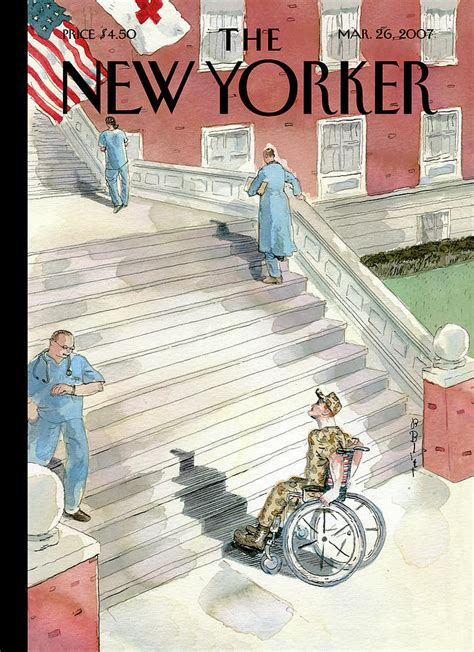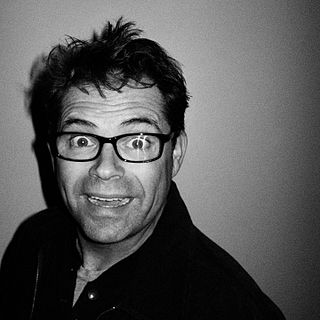A Quote by Judd Trump
When the frame's safe, I like to let myself go a bit; play a few more entertaining shots rather than just getting the frame over and done with.
Related Quotes
You tend to compose things more in the middle of frame in 3-D than you would in a conventional frame. You can really see composition in 2-D but in 3-D your composition is much more complex. Everything has to be artificially enhanced. But you do gain something else with 3-D: you have a sense of space and heightened reality.
No bit of the natural world is more valuable or more vulnerable than the tree bit. Nothing is more like ourselves, standing upright, caught between heaven and earth, frail at the extremities, yet strong at the central trunk, and nothing is closer to us at the beginning and at the end, providing the timber boards that frame both the cradle and the coffin.
In a car you're always in a compartment, and because you're used to it you don't realize that through that car window everything you see is just more TV. You're a passive observer and it is all moving by you boringly in a frame. On a cycle the frame is gone. You're completely in contact with it all. You're in the scene, not just watching it anymore, and the sense of presence is overwhelming.
It is a good principle in science not to believe any 'fact'---however well attested---until it fits into some accepted frame of reference. Occasionally, of course, an observation can shatter the frame and force the construction of a new one, but that is extremely rare. Galileos and Einsteins seldom appear more than once per century, which is just as well for the equanimity of mankind.
I think about photographs as being full, or empty. You picture something in a frame and it's got lots of accounting going on in it-stones and buildings and trees and air - but that's not what fills up a frame. You fill up the frame with feelings, energy, discovery, and risk, and leave room enough for someone else to get in there.
